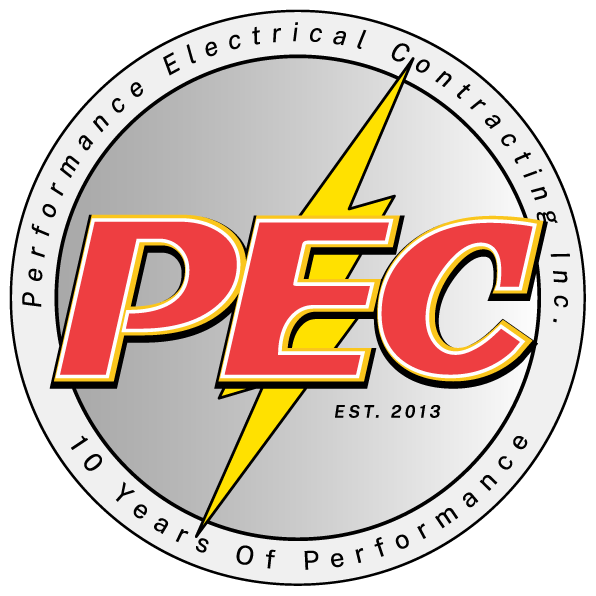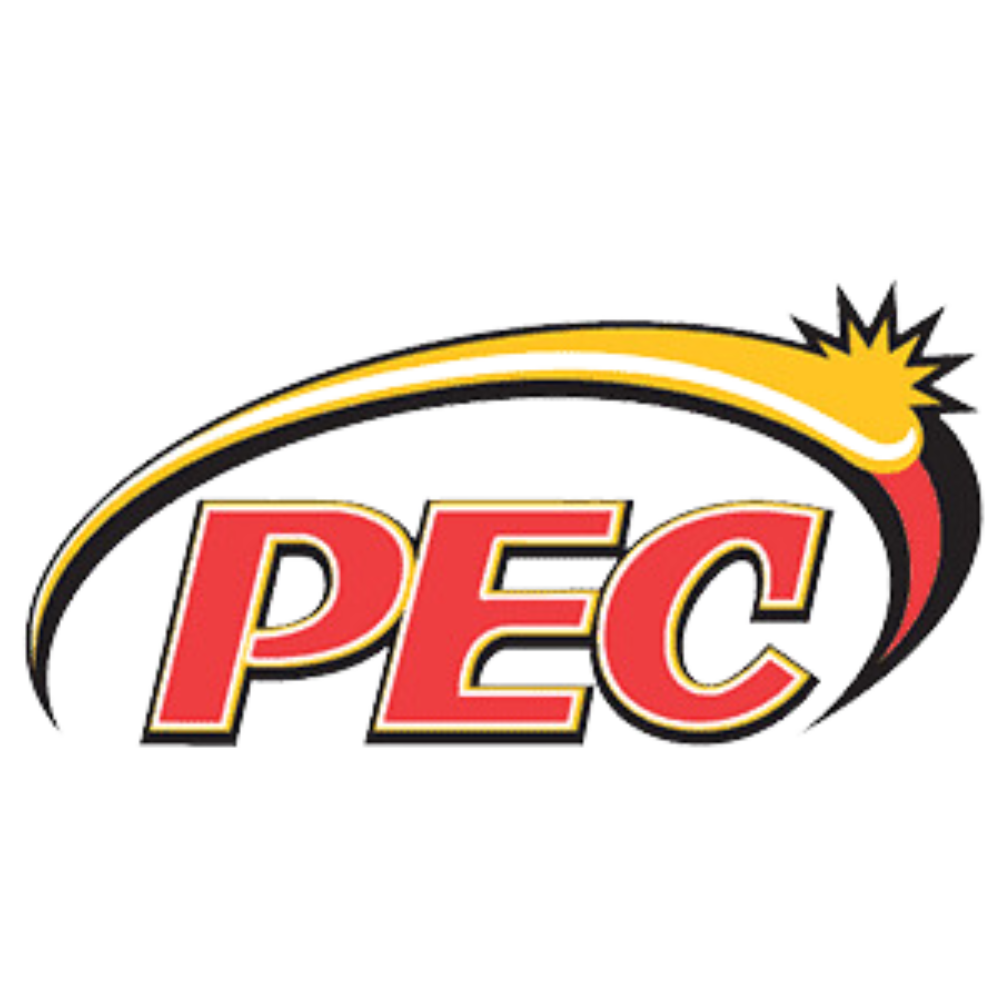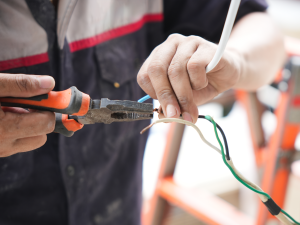By Mark Asselin, President, Performance Electrical Contracting
Whether you’re a homeowner, property manager, or business owner, staying compliant with Florida’s electrical codes isn’t just about avoiding fines — it’s about safety, liability, and operational uptime. Here are the most common code violations we see in Jacksonville and throughout the Southeast—and how to steer clear of them.
- Improper Grounding and Bonding
Florida’s lightning-prone climate makes proper grounding essential. Poor bonding can lead to electrical hazards, fire risk, and even equipment failure. A licensed electrician should verify grounding on every project.
- Inadequate GFCI Protection
GFCI outlets are required in kitchens, bathrooms, garages, and outdoor areas. Skipping these installations — or using outdated outlets — can lead to violations and increased risk of electric shock.
- Overcrowded Electrical Panels
Adding circuits to a panel that’s already maxed out is a common mistake. Overloaded panels not only violate NEC code but are also a major fire hazard.
- DIY Wiring Without Permits
Property owners sometimes attempt minor repairs themselves, not realizing permits are often required. Unpermitted work can delay property sales, insurance claims, and tenant move-ins.
- Wrong Wire Types or Sizes
Florida’s hot, humid environment requires specific wire insulation ratings. Using the wrong type of wire for outdoor or high-load applications can lead to code violations and safety risks.
Don’t let code violations slow down your next inspection or renovation. Schedule a safety inspection with PEC and ensure your property is up to code with “Performance When You Need It.”
If you are based in Florida and want to ensure you remain in compliance, call (904) 726-7966 or visit pecjax.com.







